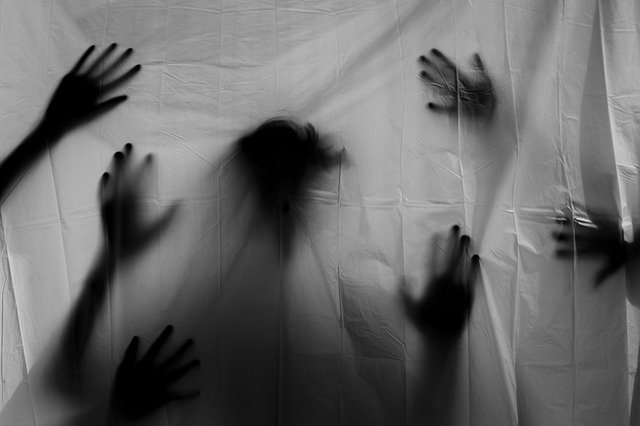Do you believe there are those who are in touch with the dead or do you think it is a load of crock? Scientists in the UK say they discovered why certain people have a predisposition to high levels of absorption in tasks, paired with unusual auditory childhood experiences, and a high susceptibility to auditory hallucinations. And these very traits are stronger in those who call themselves clairaudient mediums.
According to new research, this finding may also shed some light on the auditory hallucinations that acocmpanymental illnesses such as schizophrenia.
The experiences of clairvoyance and clairaudience has been of great scientific interest for a number of years, especially among anthropologists who study religious and spiritual experiences, as well as scientists who study pathological hallucinatory experiences. In particular, researchers would like to understand why some people with auditory experiences report it as spiritual experience, while others find it distressing.
“Spiritualists tend to report unusual auditory experiences which are positive, start early in life and which they are often then able to control,” explained psychologist Peter Moseley of Northumbria University in the UK. “Understanding how these develop is important because it could help us understand more about distressing or non-controllable experiences of hearing voices too.”
Together with his colleague psychologist Adam Powell of Durham University, he recruited and surveyed 65 clairaudient mediums from the UK’s Spiritualists’ National Union, and 143 members of the general population recruited through social media, to determine what differentiated Spiritualists from the general public, who don’t (usually) report hearing the voices of the dead.
Overall, 44.6% of the spiritualists reported hearing voices daily, and 79% said the experiences were part of their daily lives. And while most reported hearing the voices inside their head, 31.7% reported that the voices were external, too.
In the general population, high levels of absorption are also strongly correlated with a belief in the paranormal – but little or no susceptibility to auditory hallucinations. And in both groups, there were no differences in the levels of belief in the paranormal and susceptibility to visual hallucinations.
“Our findings say a lot about ‘learning and yearning’. For our participants, the tenets of spiritualism seem to make sense of both extraordinary childhood experiences as well as the frequent auditory phenomena they experience as practising mediums,” Moseley said. “But all of those experiences may result more from having certain tendencies or early abilities than from simply believing in the possibility of contacting the dead if one tries hard enough.”
Picture: Pixabay

